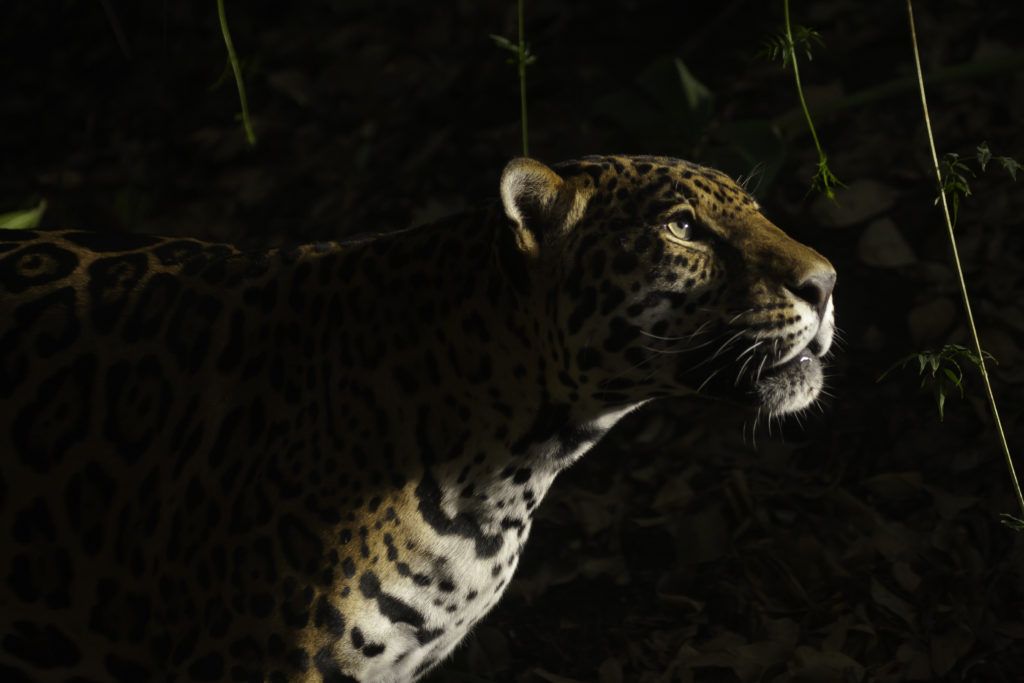As the grandson of a former hunter, Peter Abanyam knows how hunters think and work, and he uses this insider knowledge to protect animals. In 2014, Peter helped rediscover the presence of the critically endangered Preuss’s red colobus—a burgundy-hued primate—in Nigeria’s Cross River National Park, where it was once thought to be extinct. This monkey faces many threats, but primarily is poached for bushmeat. Peter’s experience of how hunters operate has been an asset in his collaborations with law enforcement to improve anti-poaching efforts in the park. As part of his master’s degree, he is devising a conservation program that will encourage communities living around the park to help safeguard wildlife.
In her home country of Bolivia, Carmen Julia Pacheco is one of the few people studying to be a conservationist and the only woman pursuing a Ph.D. in the subject. She grew up listening to folk tales about bears and watched as people dressed as bears during the Carnival. She understood these animals held a deep cultural significance in her community, but she found little was being done to protect them. Today she is developing solutions to tackle conservation challenges in the Bolivian-Tucumano ecoregion, which holds one of the world’s most threatened dry forests and is home to Andean bears, jaguars, pumas, and other wildlife.
Peter and Carmen are recipients of the WCN Scholarship Program, two of 12 scholarships granted this year. Founded over a decade ago, the program has proudly supported 114 scholars pursuing graduate degrees in conservation. These emerging conservationists hail from 37 countries across the globe. By investing in these scholars, WCN can expand its conservation efforts even further, providing protection to a wider range of endangered species. With the support this program provides, we can help turn today’s scholars into tomorrow’s wildlife heroes.


